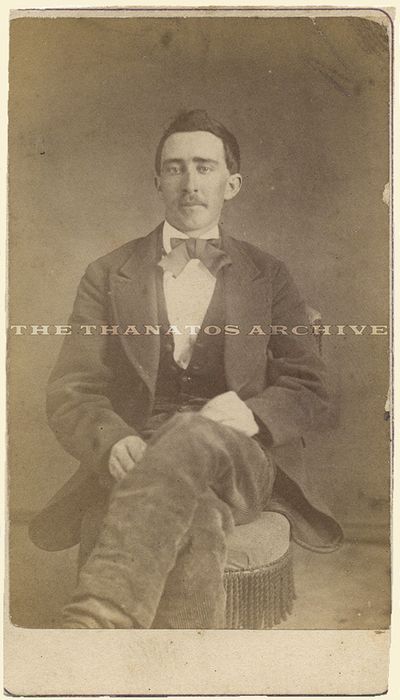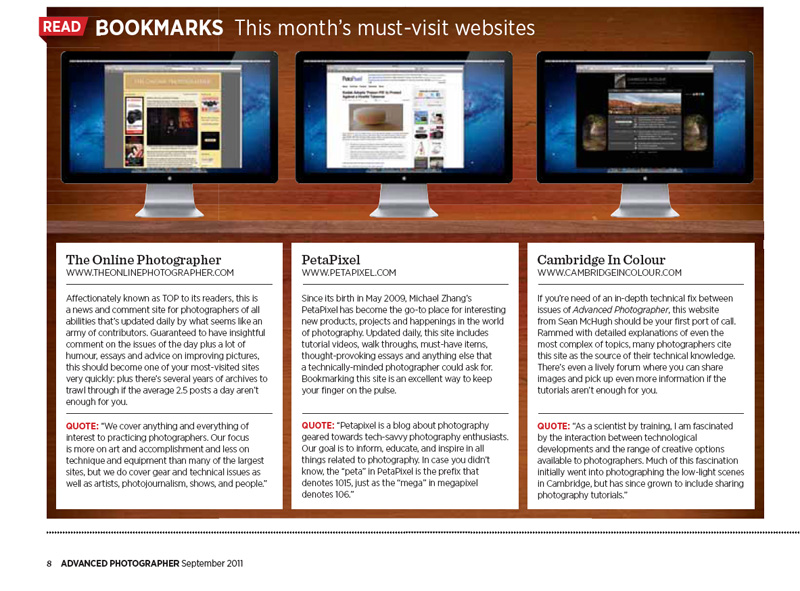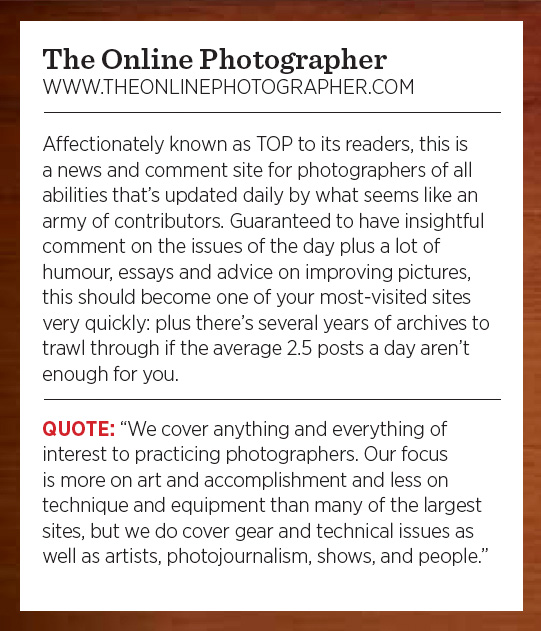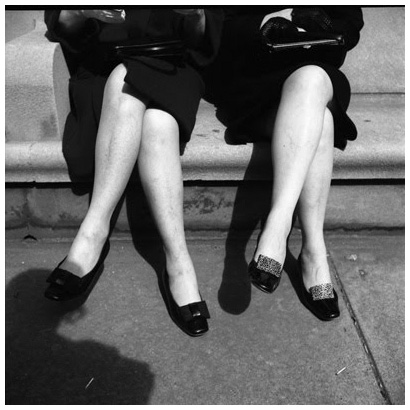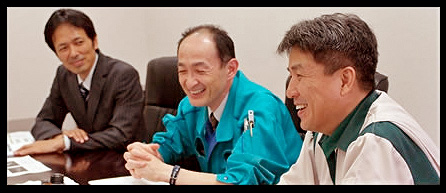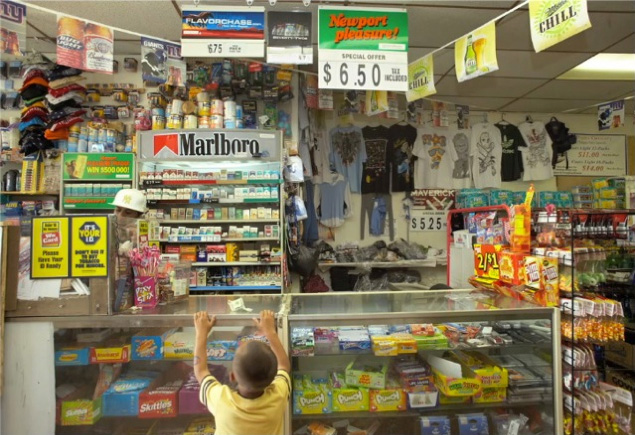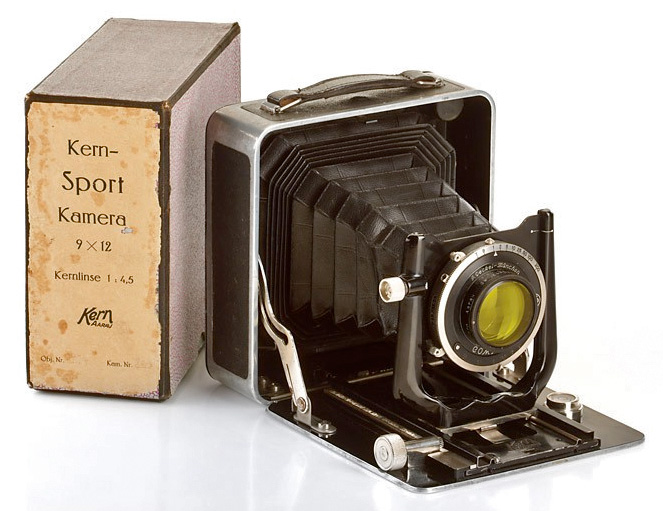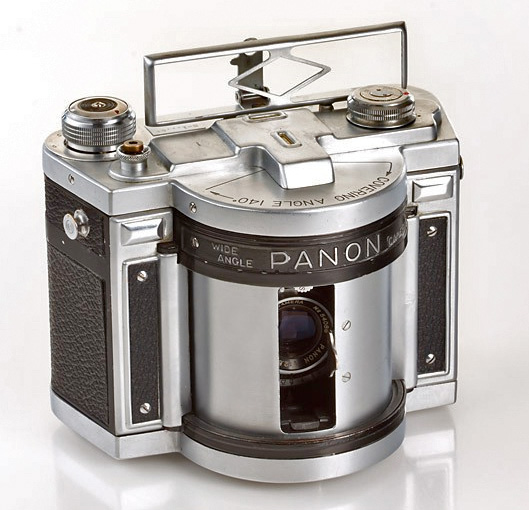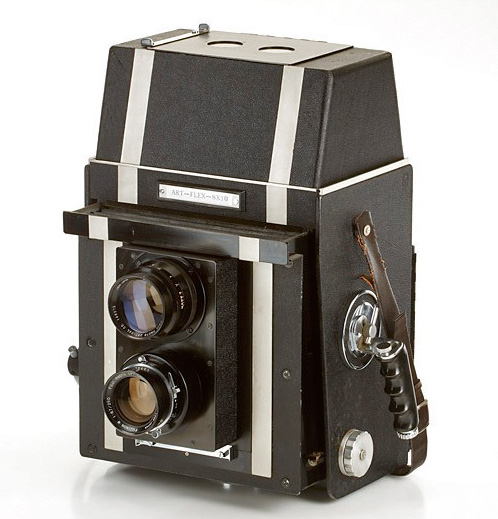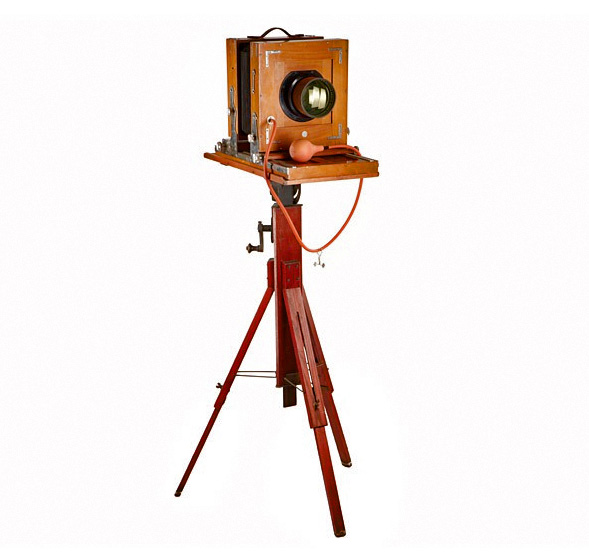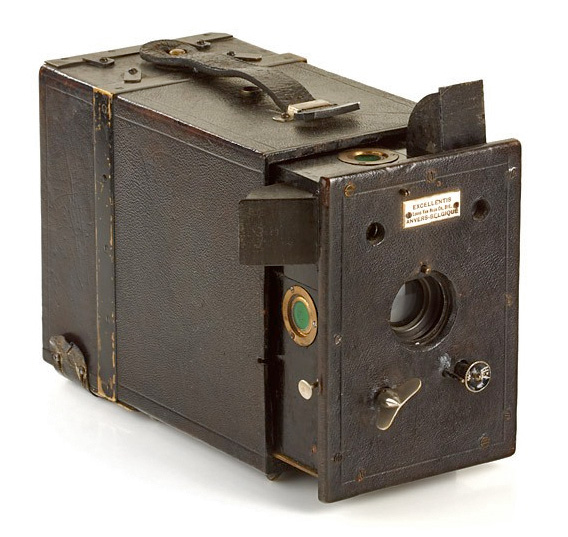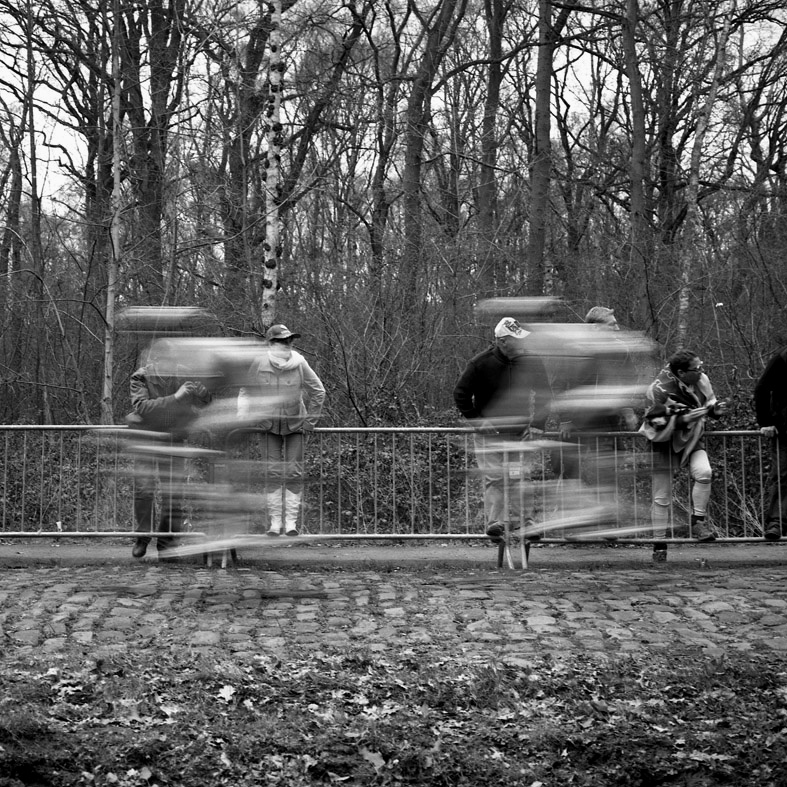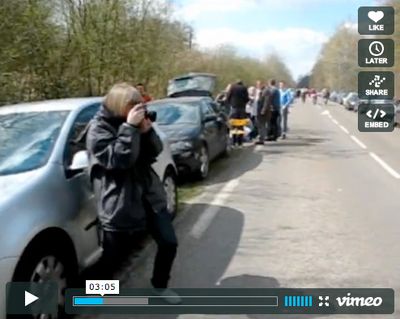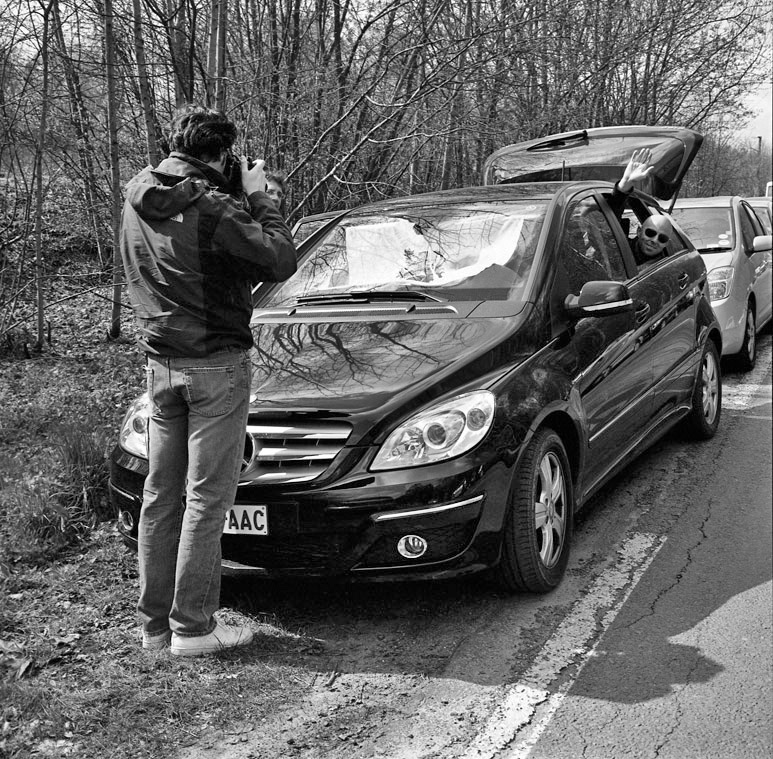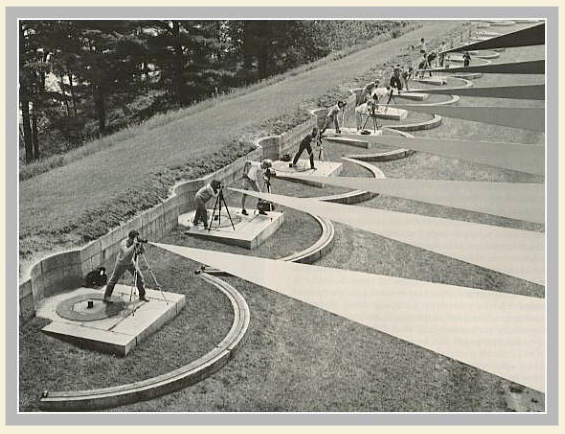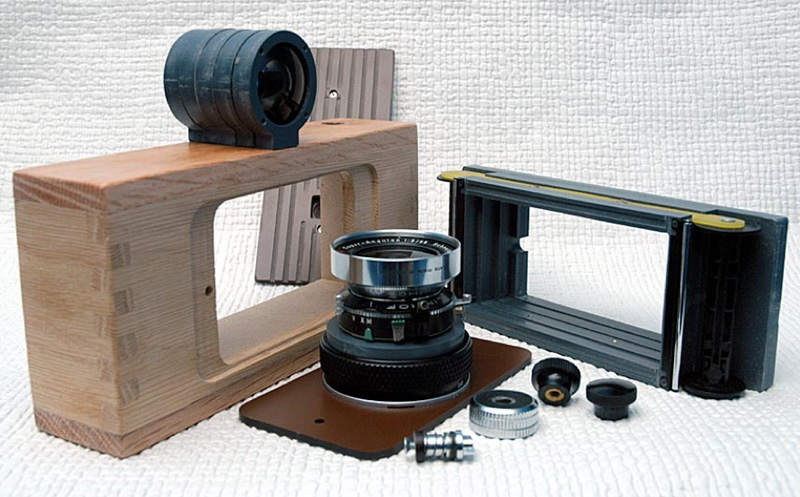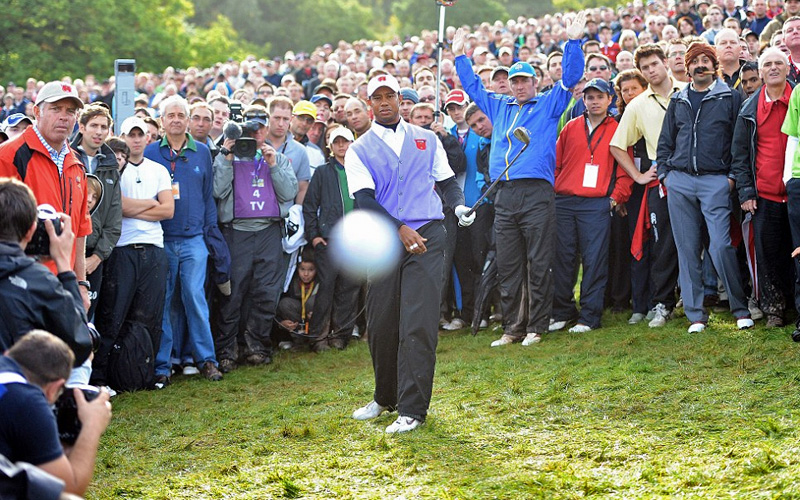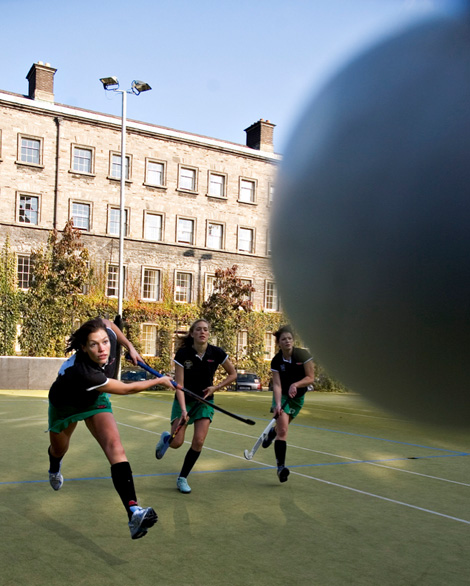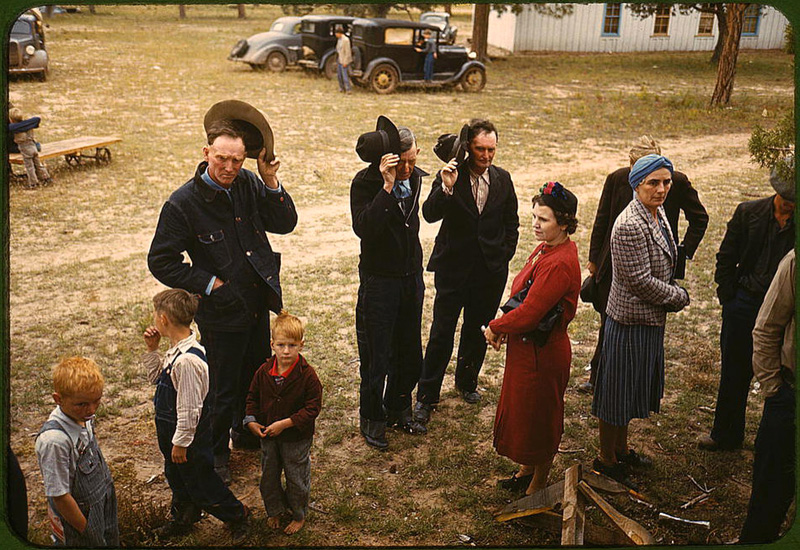My friend Steve Rosenblum, who wrote the review of Peter Turnley's Paris workshop the other day, introduced me to Lynda.com about three years ago (...I think. Maybe four). I've subscribed ever since, and have used it intermittently, mainly for coming up to speed on specific aspects of specific software programs (most recently, spreadsheets—ugh!), but also to combat the murky, mucky feeling I occasionally get that I just don't know quite enough about a piece of software I'm using.
Personally, I have a peculiar and annoying affliction where computers are concerned: procedures I don't use regularly tend to wend their way out of my head somehow. You know those people who only have to learn something on a computer once, and then they've got it forever? I'm the opposite. I'll master something completely, and a year later I've forgotten it all and I'm back to the proverbial Square One. So I use Lynda.com for routine reviews, too.
For those of you (few, I would guess) who don't know Lynda.com already, it's the oldest, biggest, and probably best online software training site. Subscribers have access to thousands of hours of video tutorials segmented into easily identifiable smaller snips.
So let's say you already know Lightroom 2 but have just gotten Lightroom 3, and you want to know how to export to Flickr. So you'd skip "Lightroom 3 Essential Training" and go to "Lightroom 3 New Features." There's you'll find an Introduction, nine sections, and a Conclusion—with 53 subsections in all. You'd go to section 3, "Exporting from the Library," and find the subsection "Setting Up Flickr Publishing Services." A 3-minutes, 47-second video later, and you know what you need to know, having gotten it in a more easily ingestible format than scrounging for the book or wading through online help.
Photography, specifically
Lynda.com sports a pretty generous photography section. Mainly, it's organized around software, as you might expect. But it's also got some basics sections, a few tutorials from people such as the legendary glamour photographer Douglas Kirkland, and one-offs like a lecture by Rick Smolan (who did all those 24/7 books, among other projects) or 36 minutes on how to do group shots.
I can't begin to vouch for all the photography content: it's probably the part of the site I use the least. (I'm normally off banging my head against software puzzles in less familiar arenas.)
However (and here we get, finally and at long last, to the purpose for this post) there's now a new section called "Foundations of Photography: Black and White" with tutor/presenter/lecturer Ben Long that weighs in at just over three hours total.
Every digital B&W recommendation I've ever made has been controversial, so I assume all possible recommendations will be...including this one. Tutorials by their very nature are too advanced for some students, too basic for others, and hit only the occasional Goldilocks just right. But I'm looking forward to poking around in the 39 subsections of the B&W tutorial to test how my always-aging knowledge matches up to the current wisdom according to Lynda.com.
Mike
Send this post to a friend
Please help support TOP by patronizing our sponsors B&H Photo and Amazon
Note: Links in this post may be to our affiliates; sales through affiliate links may benefit this site. More...
Original contents copyright 2011 by Michael C. Johnston and/or the bylined author. All Rights Reserved.
Featured Comment by John King: "I've looked at some free preview tutorials at Lynda.com and they are very good. The ongoing subscription model doesn't work for me though. I prefer to pay once and access the material when I want a refresher or quick reference. Just like my library of books. George Jardine's video tutorials are my favorites and he does an excellent job of explaining digital B&W in his Adobe Camera Raw series. It is very high quality instruction with a pay once, access forever model. George was a Lightroom specialist at Adobe for many years, so it's hard to imagine anyone more qualified on this subject."
Featured Comment by MM: "Ah, Lynda, the untold secret of many a graphics professional!
"It's been my observation that—assuming a personal teacher or tutor isn't available—some people learn technical matters best from books and others learn best from videos. Neither way is better or worse, but I would guess that most people gravitate one way or the other.
"A few years ago, after counting up the number of weighty 'Learn Photoshop' and 'Learn Illustrator' and 'Learn Dreamweaver' books on my shelf, all of which remained largely untouched, I realized that I was never going to learn software from studying books (for what it's worth, I do love books and have a large non-technical library).
"So I subscribed to lynda.com. Since then I've never let my subscription lapse, because as a working professional in graphics fields, $300 a year for unlimited training and review, 24 hours a day, anywhere in the world, is relatively small potatoes. Obviously the equation is different for hobbyists who aren't planning to make a living with their software knowledge, but in one month with Lynda ($25) they can still, for example, learn Photoshop inside and out.
"True story: My nephew recently graduated from an Ivy League college (4 years = a fifth of a million dollars). Another relative asked me what to get the kid for graduation since the grad wants to work in visual/creative fields and jobs are very hard to come by. I replied that a year's subscription to lynda.com will do far more to help him reach his employment goals than anything he learned in his four years of college. Yes, I know, one should never equate a liberal-arts education with vocational training, but the financial comparison is pretty interesting."
Featured Comment by Stephen Best: "I watched 'Foundations of Photography: Black and White' in its entirety and, though I didn't learn much and had a few points to quibble with, I found it an excellent introduction to not just B&W production, but the language (less so meaning) of photography itself. Ben Long is an engaging presenter and the strength of this talk is its completeness, showing him out shooting and trying to make something of the results. I would think many here could do worse than spending the money and watching this and a few other talks to make their $25 worthwhile. Certainly it will give pause to some here hanging out for monochrome sensors."
